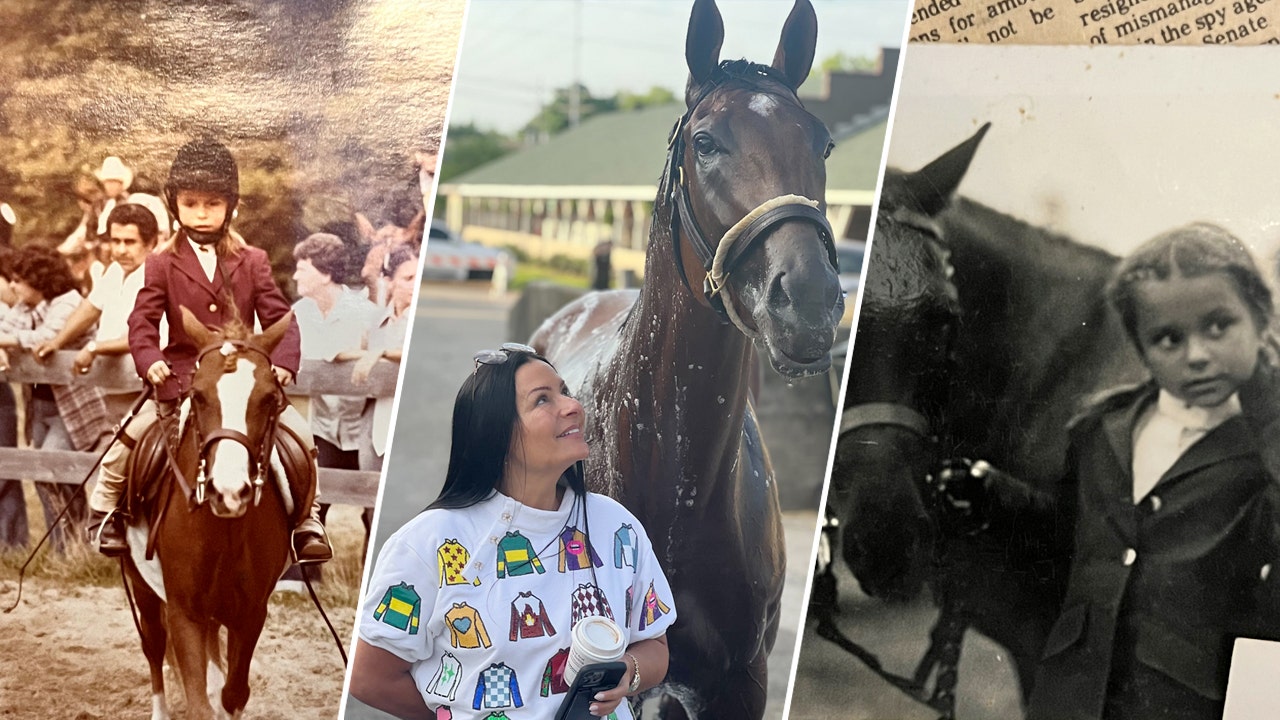Coco Gauff’s run at the Australian Open ended in the semifinals on Thursday as the 19-year-old U.S. Open champion ran into a foe who has proven too much for everybody at Melbourne Park in the past two years.
Aryna Sabalenka, the big-hitting defending champion from Belarus who crumbled against Gauff and 24,000 delirious fans in the U.S. Open final in September, had plenty of shaky moments in Rod Laver Arena. But Sabalenka played her best tennis in the most important moments, overwhelming Gauff in a first-set tiebreaker, then once again down the stretch in the second set to win 7-6(2), 6-4 and reach her third Grand Slam final.
Gauff came into the match off the back of her worst performance in a long time, a mistake-filled win with what she called her “C-game” in the quarterfinals against Marta Kostyuk of Ukraine. For this one, she changed from her amber skirt and top and technicolor shoes into a more subdued navy. A different look and, she hoped, a different kind of performance.
It was and it wasn’t — it was better, but not good enough, especially her serve. Gauff double-faulted eight times, a throwback to her early years on the tour. Her second serves were often soft and short, allowing Sabalenka to jump into the court and pound winners past her opponent.
“I was just hitting it right to her forehand, so she knew where it was going every single time,” Gauff said.
And yet, on a night when both players, especially Gauff, were far from their best, the American star had her chances. In the first set, she saved a set point and charged back from a 5-2 deficit to serve for the set and came within two points of winning it.
And then, after nearly five games punctuated by forehands pounding into the net and backhands sailing long, Sabalenka came alive, her shots darting into the back of the court and sending Gauff scrambling to her knees to get them back.
It looked like Sabalenka had given away her chance to take the early lead in this match after surrendering that 5-2 lead. Now she had the advantage again at the end of the first set and, this time, she didn’t cough it up, playing a nearly flawless tiebreaker. She finished it off with a blasted serve that Gauff stretched to lob back but could only watch as it landed a foot off the court.
Sabalenka had not lost a set coming into this match and, for most of her opponents, had been downright unplayable, her matches sometimes over in less than an hour. The way she has been playing, the only player who was going to beat her was herself. With Gauff hanging on for life in the second set, escaping from deficits on so many of her service games, the only question was whether Sabalenka would crack near the finish as she had so many times in the past. That had happened against Gauff in that U.S. Open final, the kind of raw recent memory that can eat at a player.
Sabalenka smiles after her victory (Martin Keep/AFP via Getty Images)
She didn’t crack. Once more, with Gauff on the brink of a lead late in the second, Sabalenka stormed back, saving her own serve from 3-4, then breaking Gauff in the next game by doing what she had done all night — pounding back those softball second serves and lacing forehands to corners that not even Gauff could chase down.
One more big, unreturnable serve and Gauff was out, her lunging backhand falling into the net.
“I was able to stay focused no matter what,” Sabalenka said.
Seeing Gauff across the net in a big stadium on another of the biggest stages in the sport did not evoke any ill thoughts. The U.S. Open, she said, was a pretty good tournament for her, a Grand Slam final, something to be proud of.
“It’s not a bad memory for me,” Sabalenka said.
The loss will undoubtedly sting Gauff. She loves to compete and hates to lose. She had won 12 Grand Slam matches in a row. After years of trying to live up to all the promise that so many had predicted for her, she won her home Grand Slam and she’d beaten the deadline she’d given herself to win one before her 20th birthday by seven months.
Before that win, she could be despondent after losing at Grand Slams. After this loss, Gauff giggled her way through her post-match news conference, making fun of herself at some moments, joking that she didn’t want to explain her game plan because it didn’t work so well.
“I am disappointed because I did feel good going out on the court,” she said. “At the end of the day, she was the better player. She played those points better. I feel like I have a lot to improve.”
Gauff can be hard on herself, but she recently saw a stat saying she had a similar number of wins at Grand Slams as a teenager as Serena Williams and Jennifer Capriati, both of whom had pretty good careers.
“I’m in the right direction,” she said. “I just have to remind myself of the journey and not so much of the moment.”
Coming to Australia, she had every reason to believe she had as good a chance as anyone to win another. In her first tournament of the year, she defended her title at the ASB Classic in New Zealand.
She arrived in Melbourne and began to roll through opponents, but was doing so under the radar. She played her matches in the early afternoon, in a half-empty Rod Laver Arena, to accommodate the U.S. television audience. Her doubles partner, Jessica Pegula, decided not to play doubles after she lost early in singles. That gave Gauff plenty of time to fill. She went to the movies. She read. She practiced, sometimes after her lopsided matches. She kept winning.
In the quarterfinals against Marta Kostyuk, her game all but disappeared. She struggled to land forehands and serve with confidence, but her endurance and never-quit mentality saw her through.
She knew she wasn’t going to get away with that against Sabalenka. She winced and doubled over when she missed on serve after serve.
“I wish I could have served better,” she said afterwards. “It’s to go for the second when you’ve double-faulted.”
And still, it came down to a couple of points and as frustrating as it was for her to not play close to her best when she had to, she still found herself at certain moments, in the middle of the hottest exchanges, thinking “this is fun.”
When she came off the court, her coach, Brad Gilbert, told her the sun would rise tomorrow and she would get another chance to live a good day.
“Tomorrow, I don’t know,” Gauff said. “I’m going to try to go to the movies or something, be proud of myself.”
(Top photo: Lillian Suwanrumpha/AFP via Getty Images)

Daniel Miller is a sports fanatic who lives and breathes athletics. His coverage spans from major league championships to local sports events, delivering up-to-the-minute updates and in-depth analysis for sports enthusiasts.





:max_bytes(150000):strip_icc():focal(749x0:751x2)/blake-lively-sarah-jessica-parker-kate-moss-best-met-gala-looks76-0503202405032024-d7c0c7b373324ea8a412907faaccd9c1.jpg)

